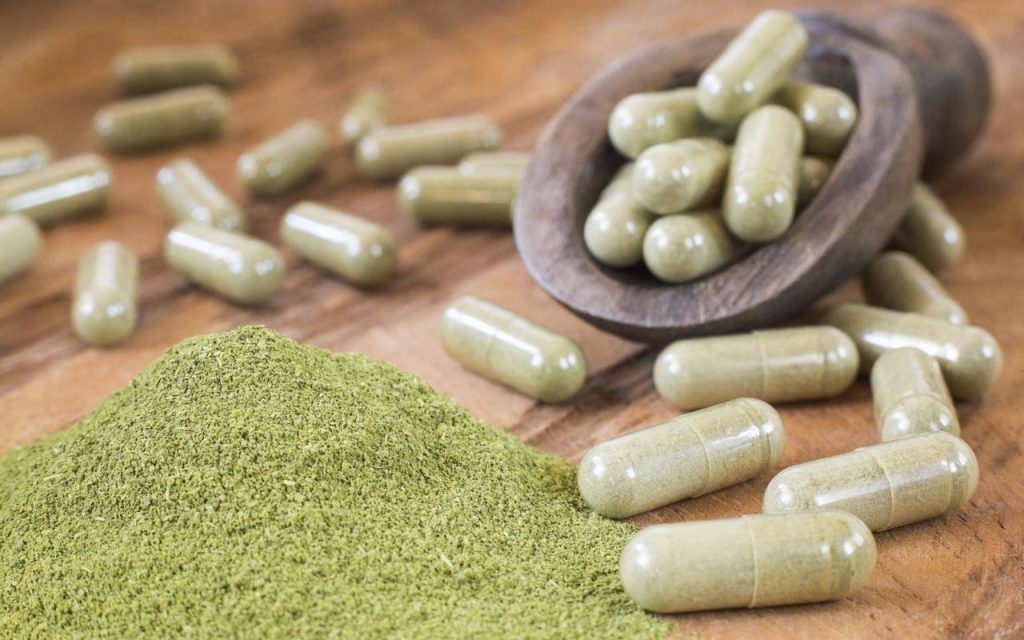Kratom powder, derived from the leaves of the Mitragyna speciosa tree native to Southeast Asia, has sparked significant controversy and debate regarding its safety, efficacy, and legal status. Advocates argue that kratom offers substantial benefits, particularly in managing pain, alleviating opioid withdrawal symptoms, and enhancing mood. They point to anecdotal evidence and traditional use in countries like Thailand and Malaysia, where kratom has been used for centuries to combat fatigue and support physical endurance. For these users, kratom represents a potential alternative to conventional painkillers and a means of self-medication for chronic conditions. On the other hand, critics and regulatory bodies, including the U.S. Drug Enforcement Administration DEA and the Food and Drug Administration FDA, express concern over the safety and efficacy of kratom. They cite reports of adverse effects, including nausea, vomiting, and, in severe cases, seizures and death.

The debate is further complicated by kratom’s legal status, which varies significantly from one jurisdiction to another. In some places, it is classified as a controlled substance, while in others, it remains legal and unregulated. Proponents argue that criminalizing kratom could eliminate a valuable therapeutic option for individuals seeking relief from chronic pain or opioid dependency. They also stress that more research is needed to fully understand the plant’s effects and potential benefits, advocating for further studies rather than outright prohibition. Conversely, opponents of kratom often emphasize the need for caution in light of emerging evidence about its potential harms. They argue that regulatory measures are essential to protect public health and prevent misuse. The lack of rigorous scientific research and long-term studies on kratom’s safety profile adds weight to their concerns, prompting calls for more comprehensive investigations before kratom can be deemed safe for widespread use.
As research advances, the role of THCA in enhancing wellness and treating various conditions may become increasingly prominent, offering new hope and possibilities for individuals seeking natural and effective health solutions Visit Website. In summary, the kratom debate encapsulates a broader discussion about alternative medicine, regulatory oversight, and public health. As the scientific community and regulatory agencies continue to examine the evidence, the future of kratom remains uncertain. The challenge lies in balancing the potential benefits of kratom with the need to safeguard against its risks, all while ensuring that policies and regulations are based on robust scientific data and public health considerations. The FDA has issued warnings about kratom’s potential for addiction and its unregulated status, which raises concerns about contamination and dosage variability. The lack of standardized production and quality control means users may be exposed to dangerous substances or incorrect dosages, further complicating the risk assessment.
Categories: Health
Leave a Reply